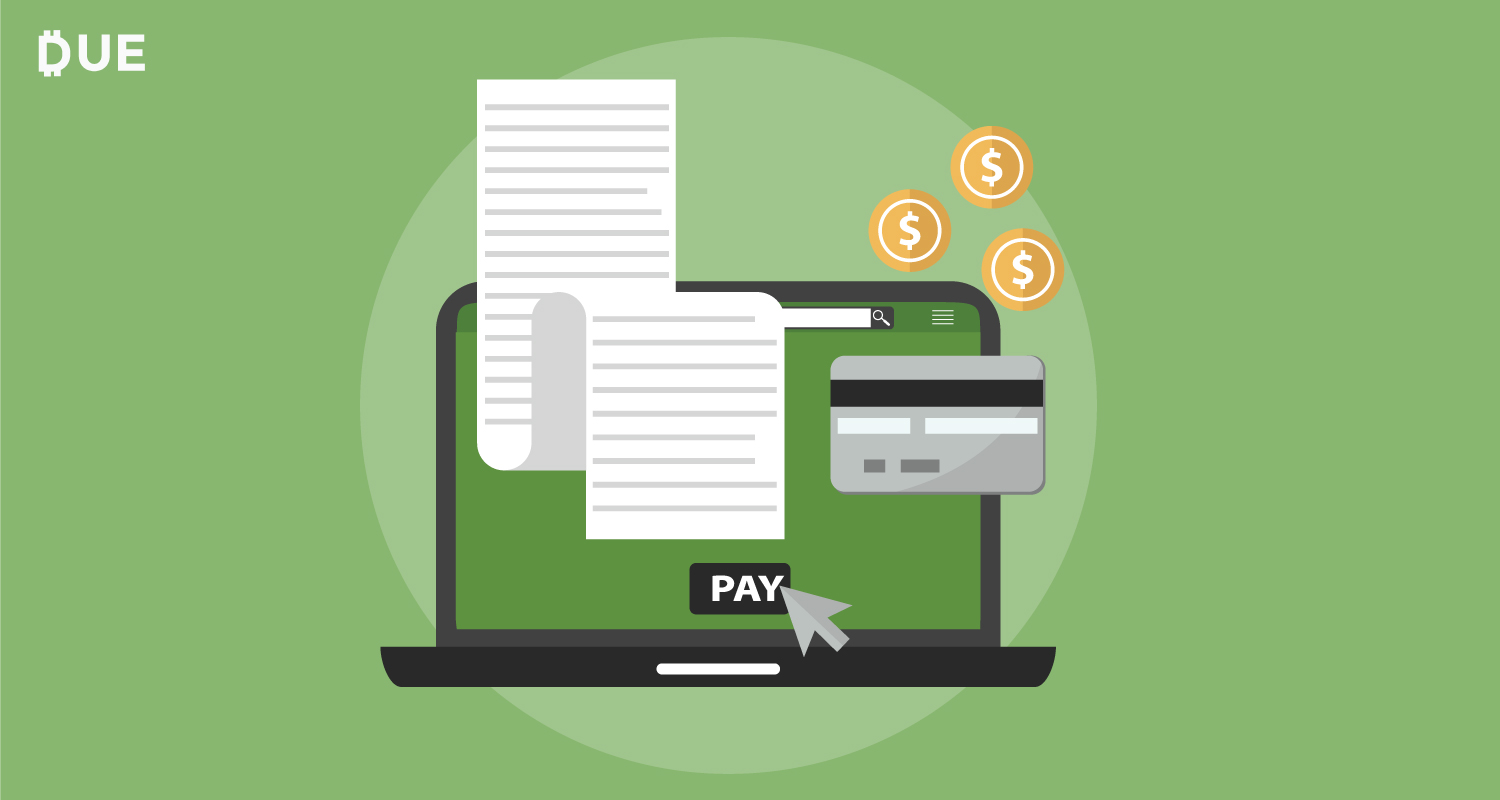If you’re like other small business owners you typically shy away from tasks that relate to accounting. That said, there are plenty of tasks that you can easily manage yourself. Even better – you’ll save money if you take charge of these areas of your bookkeeping. With the help of various software solutions and a little bit of diligence you can easily manage these financial tasks yourself.
Table of Contents
ToggleHere are the four financial tasks that every small business owner can manage themselves:
Task 1: Staying on Top of Invoicing
Sure you can manage your invoicing by using word or an excel spreadsheet. If you’re a sole proprietor you’ll likely be able to get by using this method. However if you plan on scaling your business you’ll run into some major issues down the road if you stick to this archaic method of invoicing.
I recommend using an online invoicing solution that keeps all of your invoices and financial records securely stored in the cloud.
Due’s invoicing solution allows you to fully manage your invoices as well as track time spent on tasks and projects. You can also:
- Request deposits to be paid upfront before starting work.
- Setup recurring invoice templates that will automatically bill clients depending on the schedule.
- Accept multiple payment types like cash, check, credit or debit card, and soon eCheck’s and mobile wallet transfers.
Many of the top invoicing companies will offer you tiered pricing depending on which features you’d like to use. I recommend choosing a solution right away for your small business so you can begin to build a good understanding for accounts receivables.
Task 2: Expense Management
People often throw invoicing and expense management in the same boat. While this may be true for a small business they are typically entirely separate departments in larger organizations. That said, it’s best to get a good understanding of how both of these departments operate.
Tracking billable and non-billable expenses allows you to monitor your growth, develop financial statements, and most of all track your deductions and prepare for reconciliation.
Here are a few key features to look for in an expense management tool:
- Take pictures of your paper receipts for easy cloud storage.
- Access to organized expense reporting when doing tax returns.
- Easily categorize expenses to mark as billable or non-billable.
- Ability to export expense reports to be saved as PDF, CSV, etc…
Task 3: Keeping Track of Sales Tax
When charging clients for payments whether it’s in-store or online it’s important that you keep track of sales and other related taxes. If you fail to do so you may run the risk of combining the taxes with your profits and spending. What’s so bad about that? If you don’t factor it in you’ll come up short when it’s tax time.
Most online invoicing products allow you to add a universal sales tax to your invoices that’s easily recorded in reports. If you choose to use a separate solution for accounts receivables and payable then make sure sales tax is clearly represented in your reporting.
Task 4: Performing Quarterly Financial Check-Ups
One of the most important tasks business owners should look to handle themselves is a quarterly financial checkup. Generally, business owners should be well aware of their finances at all times. However, it’s imperative to do a full analysis every quarter to determine where you need to make adjustments.
This task is most easily performed accompanied by the other three since it requires to you thoroughly evaluate your finances. If you aren’t making an effort to become more financially literate then you’ll have trouble performing a quarterly checkup.
Final Thoughts
Regardless the size of your operation it’s important to make the effort to handle some of the accounting yourself. For smaller companies, your growth is very dependent on how you spend each dollar. If you’re a business owner that shies away from their finances – I strongly recommend getting familiar with these four financial tasks.









